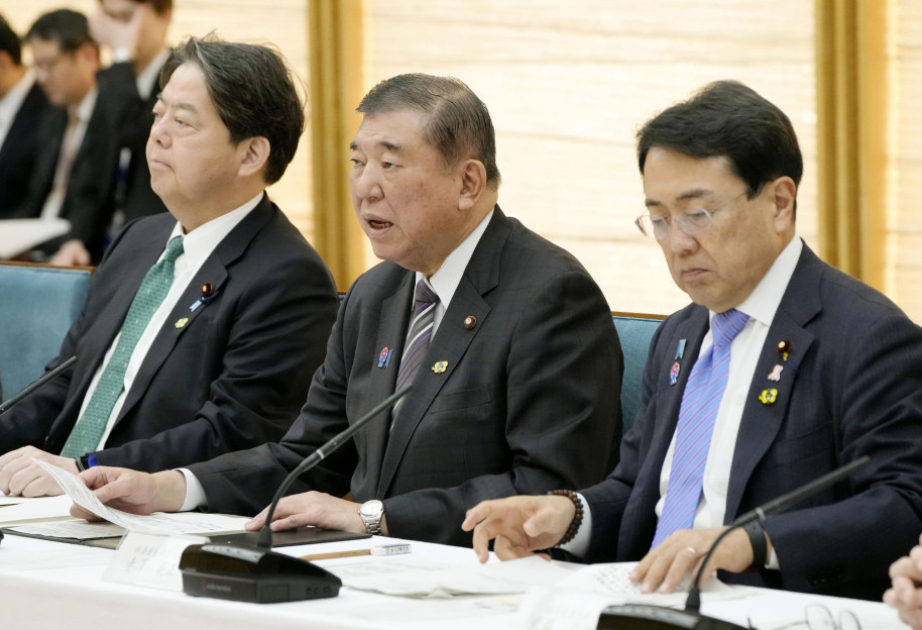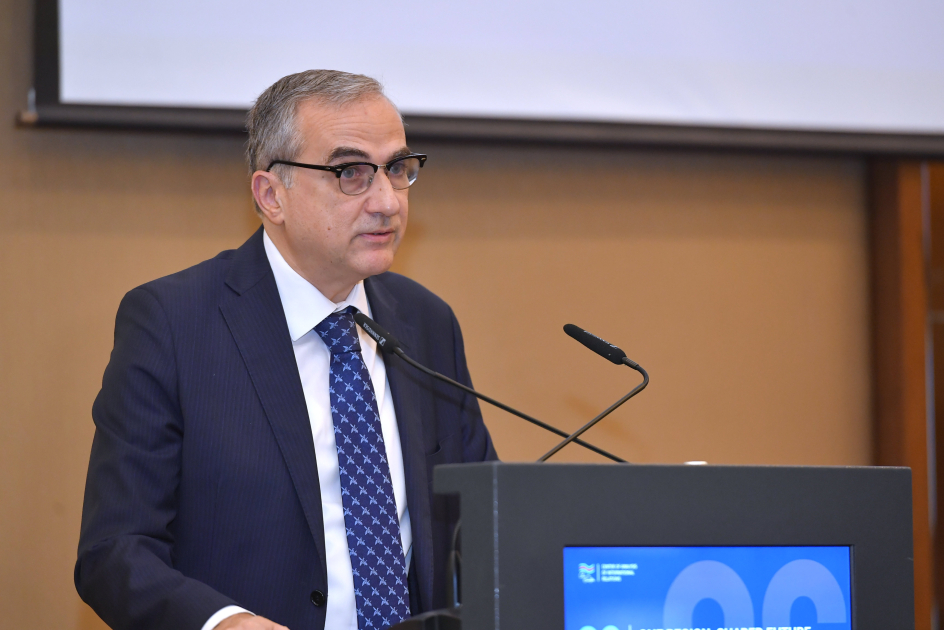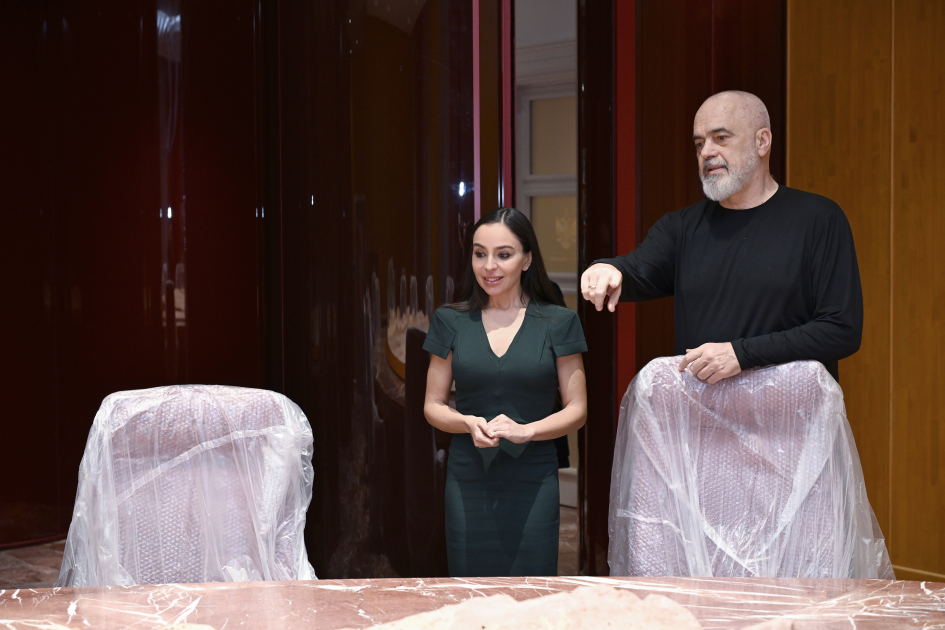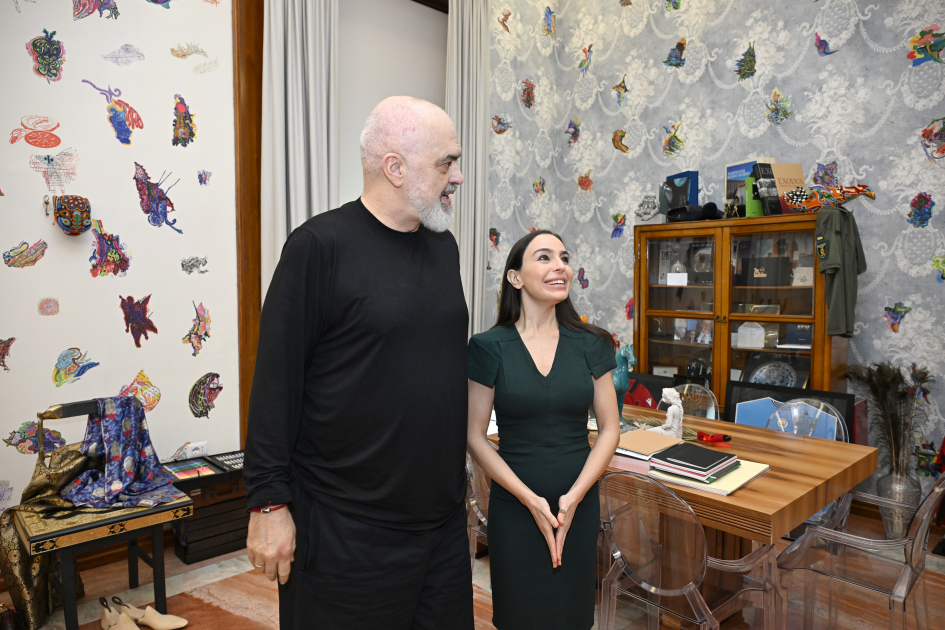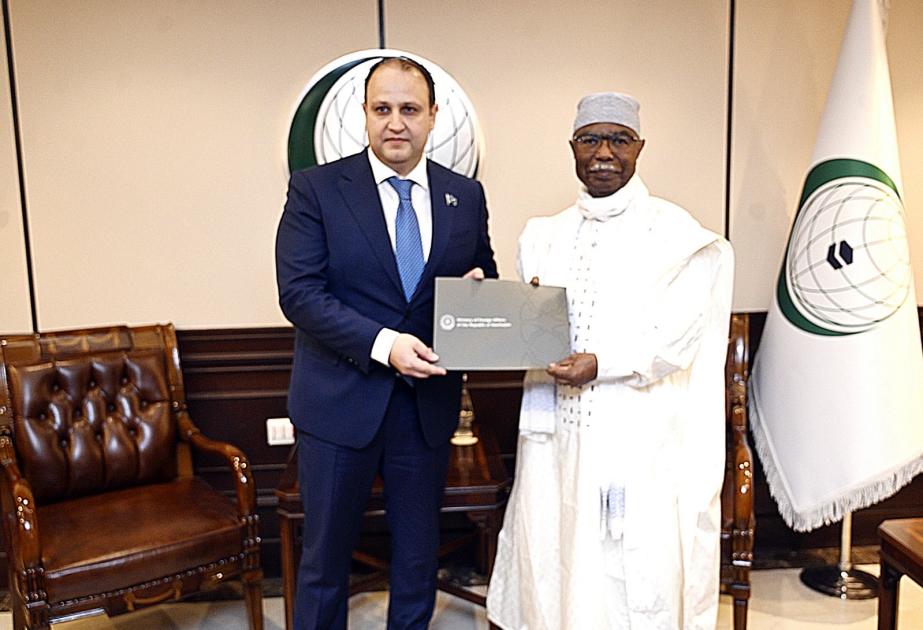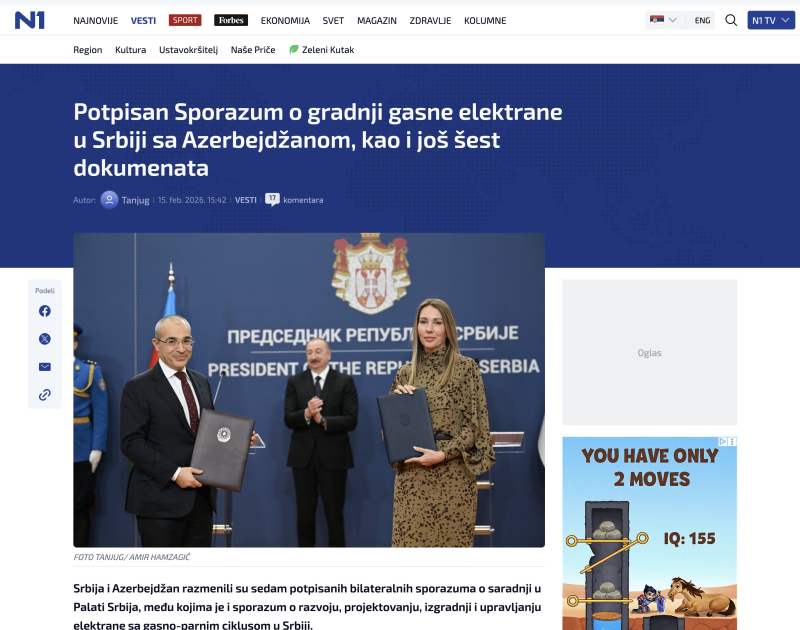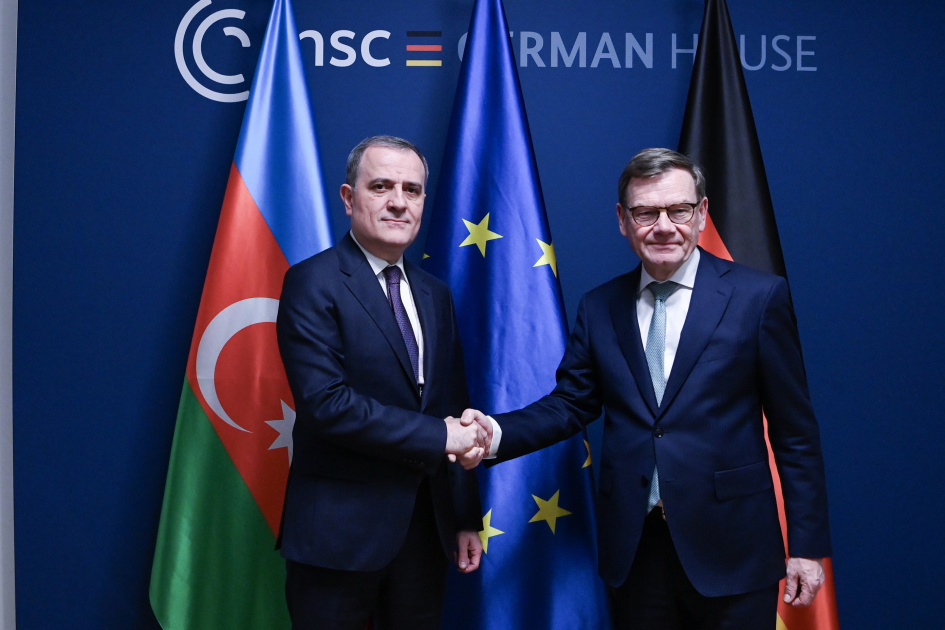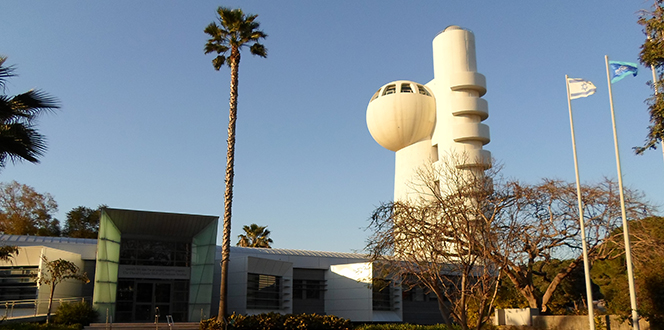Japan's government on Friday unveiled a package of emergency economic measures to counter the adverse effects of U.S. President Donald Trump's higher tariffs, ahead of a second round of bilateral trade negotiations expected next week, according to Kyodo news.
The relief package consists of five pillars, including support for corporate financing and steps to stimulate consumption, in a bid to alleviate concern that the U.S. levies could weigh on Japan's exports, potentially taking a heavy toll on the broader economy.
The government of Prime Minister Shigeru Ishiba also pledged to reduce gasoline and diesel prices by 10 yen per liter, provide subsidies for energy bills and consider expanding the scope of low-interest loans for smaller companies from next month.
During a meeting to map out the package, Ishiba urged government officials to make maximum efforts to ease the impact of the higher U.S. tariffs.
The U.S. tariffs could "substantially hurt domestic industries that underlie our nation, such as automobiles and steel," Ishiba said, emphasizing the necessity of Tokyo and Washington working together for mutual benefit.
"It is extremely important for us to clearly convey to the United States the fact that Japanese enterprises have been making a significant contribution to the U.S. economy through investment and job creation," he added.
Economic revitalization minister Ryosei Akazawa, a close aide to Ishiba, is planning to visit the United States again for three days from Wednesday to hold talks with Treasury Secretary Scott Bessent, the point man for negotiations with Japan.
Akazawa's trip to the United States is viewed as an opportunity for Japan to push for exemptions or revisions to the sweeping tariffs imposed by Trump, which Tokyo has said are a major threat to the stability of global trade.
Depending on the outcome of the second round of talks, Ishiba's government could introduce additional steps to prevent the performance of Japanese manufacturers from slumping and consumer confidence from deteriorating sharply, sources close to the matter said.
Trump has moved to impose higher import duties on cars, steel and aluminum. A baseline 10 percent levy remains in place despite a 90-day reprieve for so-called reciprocal tariffs.


